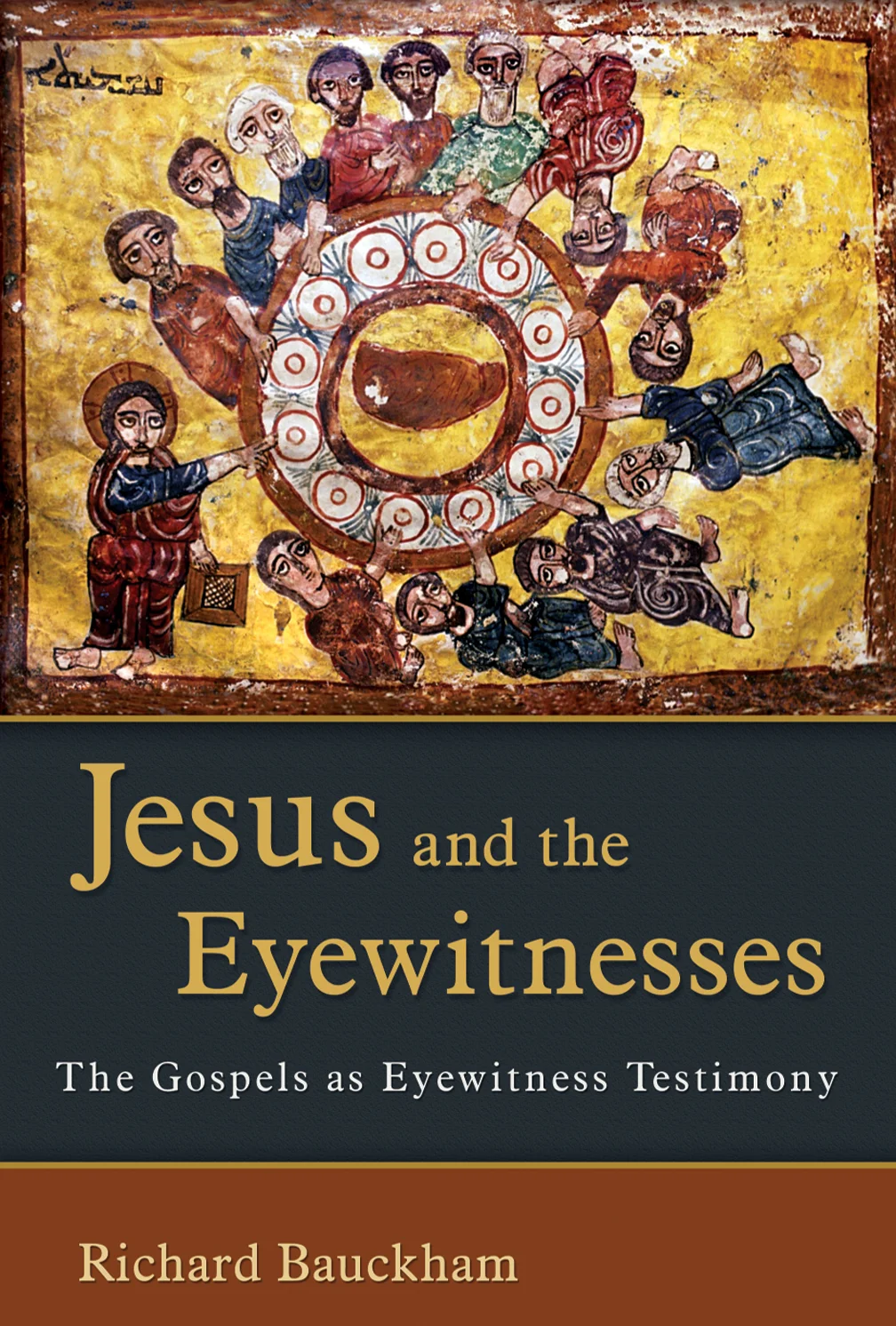I have thumbed through this book many times before, skimmed chapters, and recommended it to many people. It's about time I finally dove in and worked through this masterpiece. And it really is a masterpiece. Bauckham's Jesus and the Eyewitnesses is jaw-dropping in its scope and the force of the argument Bauckham puts forth.
Bauckham's thesis is fairly simple: the four gospels represent a compilation of eyewitness testimony of the life of Jesus of Nazareth and as such need to be taken seriously as we consider the Jesus of history. To the conservative such a thesis might seem rudimentary while to a liberal such a thesis might seem untenable. Both audiences shouldn't dismiss Bauckham quickly, though.








